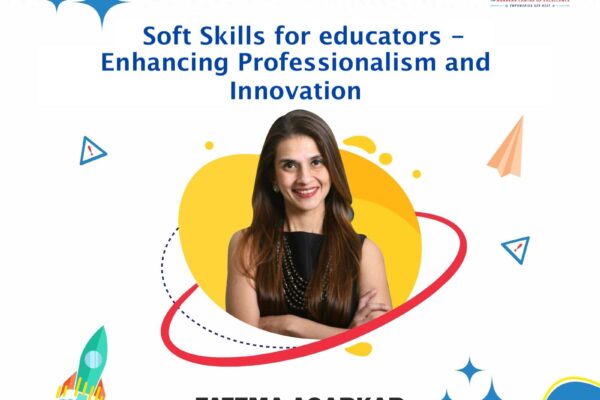Section 6 of the National Education Policy 2020 (NEP) focuses on equitable and inclusive education. For me personally, from all the aspects factored in the new policy (and I have written about this extensively already), what is the most exciting aspect of the policy – is this! Well let me categorically state, the vision is all encompassing and focuses on ‘every’ child because as a country battling with reservations and physical and mental learning challenges, government school challenges of lack of enrolments, we have done painfully little to address the needs of every child. Yes, implementation will no doubt be the key! We have been saying for all aspects ever since the announcement.
The policy states, “Education is the single greatest tool for achieving social justice and equality. Inclusive and equitable education – while indeed an essential goal in its own right – is also critical to achieving an inclusive and equitable society in which every citizen has the opportunity to dream, thrive, and contribute to the nation. The education system must aim to benefit India’s children so that no child loses any opportunity to learn and excel because of circumstances of birth or background. This Policy reaffirms that bridging the social category gaps in access, participation, and learning outcomes in school education will continue to be one of the major goals of all education sector development programmes.”
Pretty impressive in its wordings?
You have to accept there is intent! For those who work extensively in private and public schools will most definitely want to see its translation and implementation as States interpret this overarching framework shared in the months to follow and will reserve their comments till then.
Fair!
The reason for this scepticism, is that this will be a herculean task for this ‘all inclusive & equitable’ vision will have infrastructure challenges, curriculum hurdles and core standards of assessments and progression with different academic boards, not to mention capabilities of the teaching faculty and most importantly, changing variables as we see learning transforming to a blended format for years to follow.
Having being associated for a school for differently abled children for a decade (a project still dear to my heart), I still remember the earlier days when the world was not as ‘accepting’ in this country, we had our work cut out. Working with academic board officials to ‘modify’ curriculum and make it more functional for children on the spectrum but allowing their worried parents the satisfaction of ‘qualifications’ that would be recognised at college admissions and the uphill task to have the children find a placement once they passed Grade X. From government department visits to liaising officers, those days were spent with ‘pleas’ and anxiety for children and even more their parents. Teachers at the centre as always!
As I said, this is extremely difficult simply because in this country and for that matter world over, we label children bases of IQ testing, some evaluation that defines their ability and then compartmentalise them within a box with academic targets that are not matching pace, and do nothing for the functionality of these children, setting them back further. Academic Boards be it state or national/international, need to consider revisions if we have to be that ‘inclusive’ society, so that no child is indeed left behind (and while we are at it, make the process of getting ‘certification’ easier!!) This was almost 15 years ago, and unfortunately, the battle for special schools continues – lack of funding and dedicated efforts to drive this, for me continues to be an area of concern. Capacity in private or public schools to manage volumes has not been thought through, and perhaps we need to revaluate our teaching degrees that qualify teachers – it is up to date? Relevant? Does it pack enough field experience?
There are many specialists, however who have invested a great deal of time and effort and have some time-tested strategies that will be useful reference points when creating the inclusive SOPs by States. I do hope this collaboration takes place before policies are drafted.
Case to point, RTE was beautiful in spirit – allowing children opportunities but I worry without any tangible research and findings we will continue to add to our problems. Strongly bat for experts to invest some dedicated effort to understand the ground realities. For the report card on this is not looking very promising. Focus on the implementation and before deciding blanket policies, a greater effort for this sector will be beneficial to all – children, teachers and parents.
Having said this, I do like the fact that we recognise that every citizen of this country will be awarded respect and dignity irrespective of caste, creed or ability, and for a country churning out 12 million each year into the work force, each child’s future will be hopefully secure. Again we are talking about changes that have to happen at various levels, an integration of departments and a collective effort by many.
Wow, how’s that for pressure?!
This space will be closely watched, and I know many of us passionate about providing direction will be working fiercely to bring in changes that we badly need.
NEP vision document, good starting point? At least for the sake of the children?
Optimist as always, I will say – yes!












